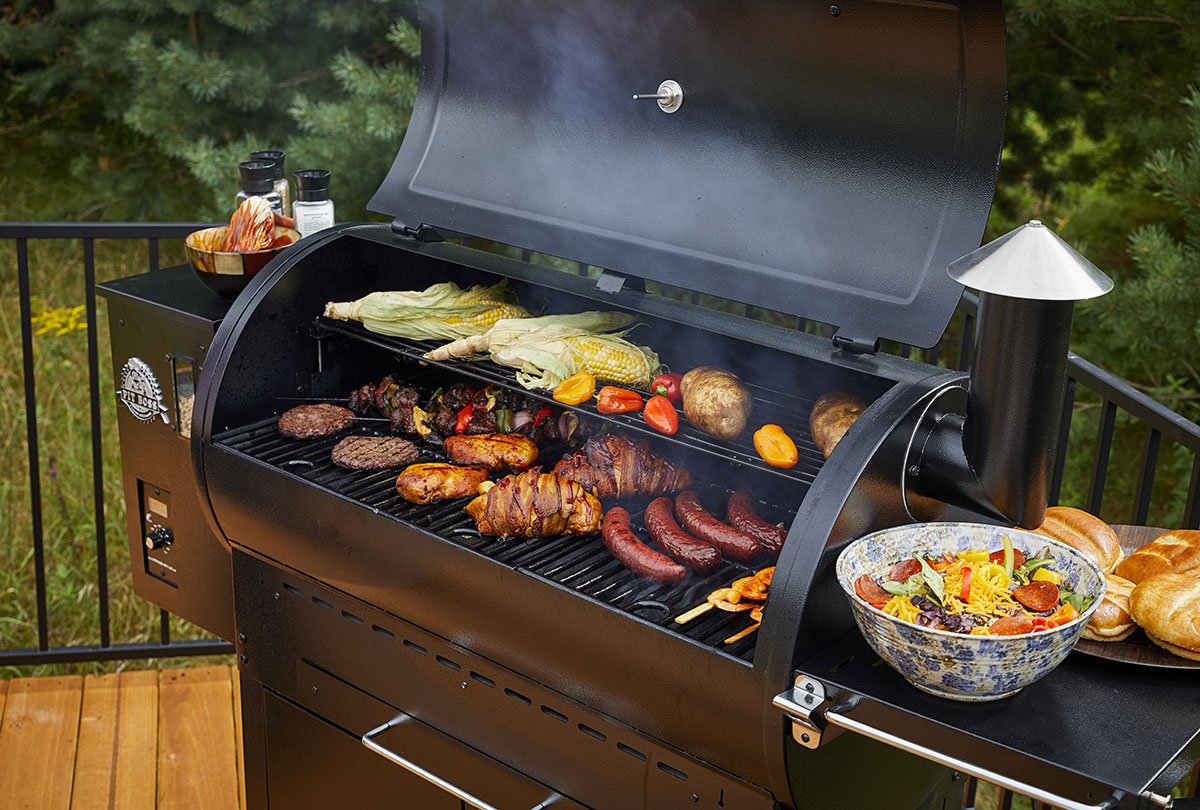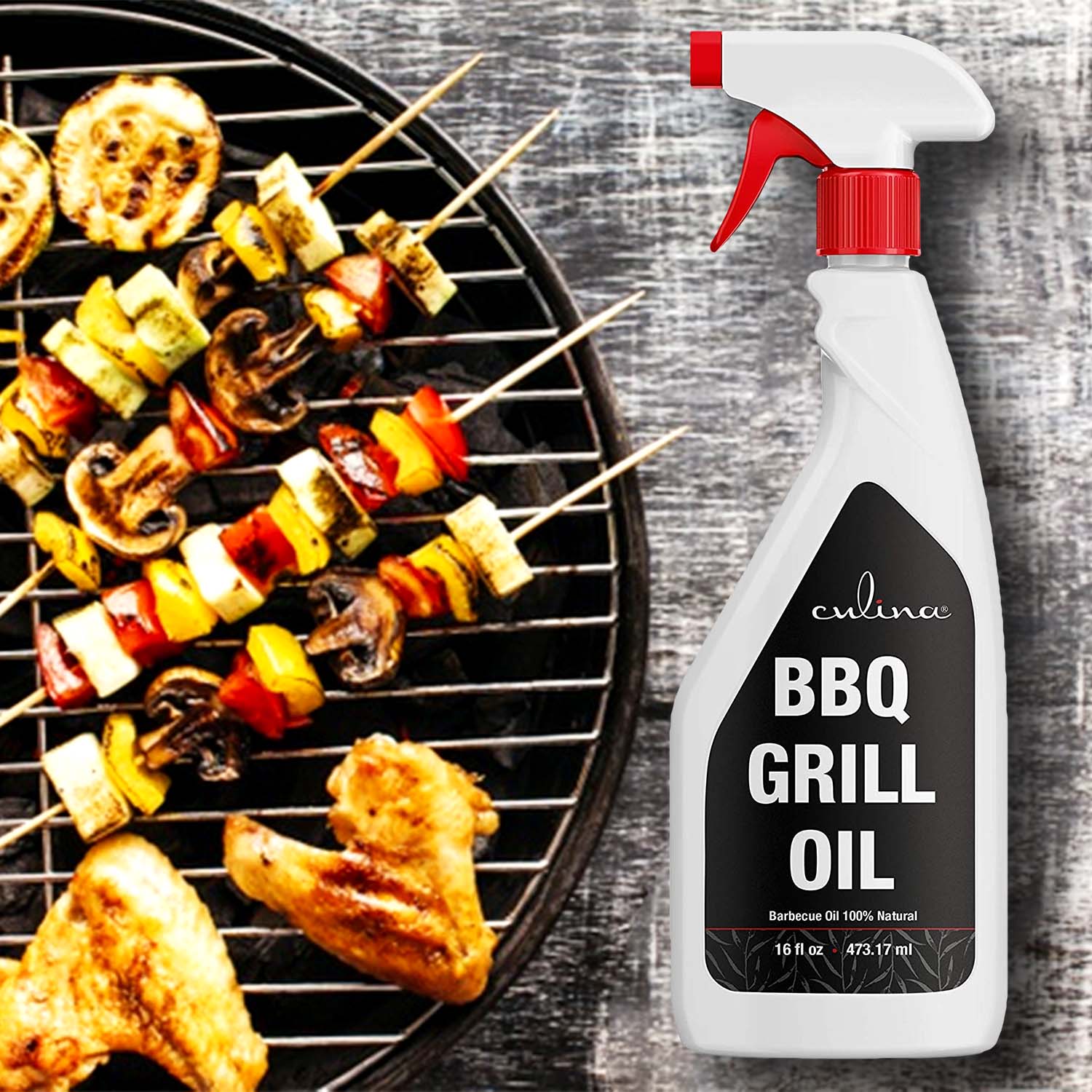Pellet smokers have been making waves in the BBQ world recently. They offer a convenient way to imbue your food with delicious smoky flavors without the need for constant babysitting. However, like any piece of grilling equipment, they have their drawbacks. So, what are the negatives of a pellet smoker? Let's dive in to find out more.

The Cost Factor
One of the most significant drawbacks of owning a pellet smoker is the cost. High-quality pellet smokers tend to be more expensive than traditional charcoal or gas grills. The initial investment can be a considerable barrier for many BBQ enthusiasts. Additionally, premium wood pellets can add up over time, making the long-term costs something to consider.
Pellet Cost and Availability
Unlike charcoal or propane, which are widely available, wood pellets can sometimes be harder to find, and their cost can be prohibitive. In some areas, the availability of specific wood pellet flavors may be limited, restricting your options for achieving the perfect flavor profile.

Electricity Dependency
Unlike traditional grills that rely solely on charcoal or propane, pellet smokers depend on electricity to function. This makes them less versatile in areas where power may be an issue, such as during camping trips or at off-grid locations. Power failure can also be a significant drawback, particularly if you are in the middle of cooking.
Temperature Fluctuations and Control Issues
While pellet smokers are generally known for their temperature control, they are not foolproof. Users often report temperature fluctuations, especially during windy or cold weather. These fluctuations can affect the cooking time and the quality of the food being smoked.

Limited High-Temperature Grilling
Pellet smokers excel at low and slow cooking but often fall short when it comes to high-temperature grilling. If you're looking to sear steaks or achieve a crispy crust on your meats, a pellet smoker may not be your best bet. The maximum temperature of most pellet smokers is usually around 500F, which is lower than the searing temperatures achievable by charcoal or gas grills.
Cleaning and Maintenance
Maintaining a pellet smoker can be labor-intensive. The ash from burning wood pellets needs to be cleaned out regularly to maintain optimal performance. Moreover, the auger and hopper system can sometimes jam, requiring additional maintenance.

Learning Curve
For those new to smoking, there is a significant learning curve when it comes to using a pellet smoker. From setting the right temperature to selecting the correct pellet type for your meat, there's a lot to get right. Many beginners may find this overwhelming and could be more comfortable with simpler, more traditional methods of smoking and grilling.
Are Pellet Smokers Worth It?
While this article highlights the negatives of owning a pellet smoker, it's essential to weigh these against the positives. Pellet smokers offer convenience, ease of use, and the ability to infuse a rich smoky flavor into your food with minimal effort. For many, these advantages outweigh the drawbacks.
If you're interested in learning more about pellet smokers and their broader benefits, you can read more here.
For detailed guides on recipes, check out our post on Tri-Tip Recipe and the perfect Smoked Ribeye.
Looking for tools? Here's everything you need to know about the Universal Grid Lifter.
Need more insights? Discover the basics of what a pellet grill is on Food Network.
FAQ
1. Are pellet smokers healthier than traditional grills?
Pellet smokers tend to produce less smoke and fewer carcinogens compared to charcoal grills, making them a slightly healthier option. However, all types of smoking and grilling carry some risks, so it's essential to cook your food at the appropriate temperatures to minimize these risks.
2. Can I use regular wood chips in a pellet smoker?
Pellet smokers are designed to work with wood pellets specifically. Using regular wood chips can result in inconsistent burning and temperature control issues. Stick to high-quality wood pellets for the best results.
3. How long do wood pellets last in a pellet smoker?
The longevity of wood pellets varies based on temperature settings and the type of pellet. On average, a 20-pound bag of pellets can last anywhere from 6 to 20 hours of cooking time. Its good practice to keep an eye on the pellet level to avoid running out mid-cook.
As an Amazon Associate, I earn from qualifying purchases.


























